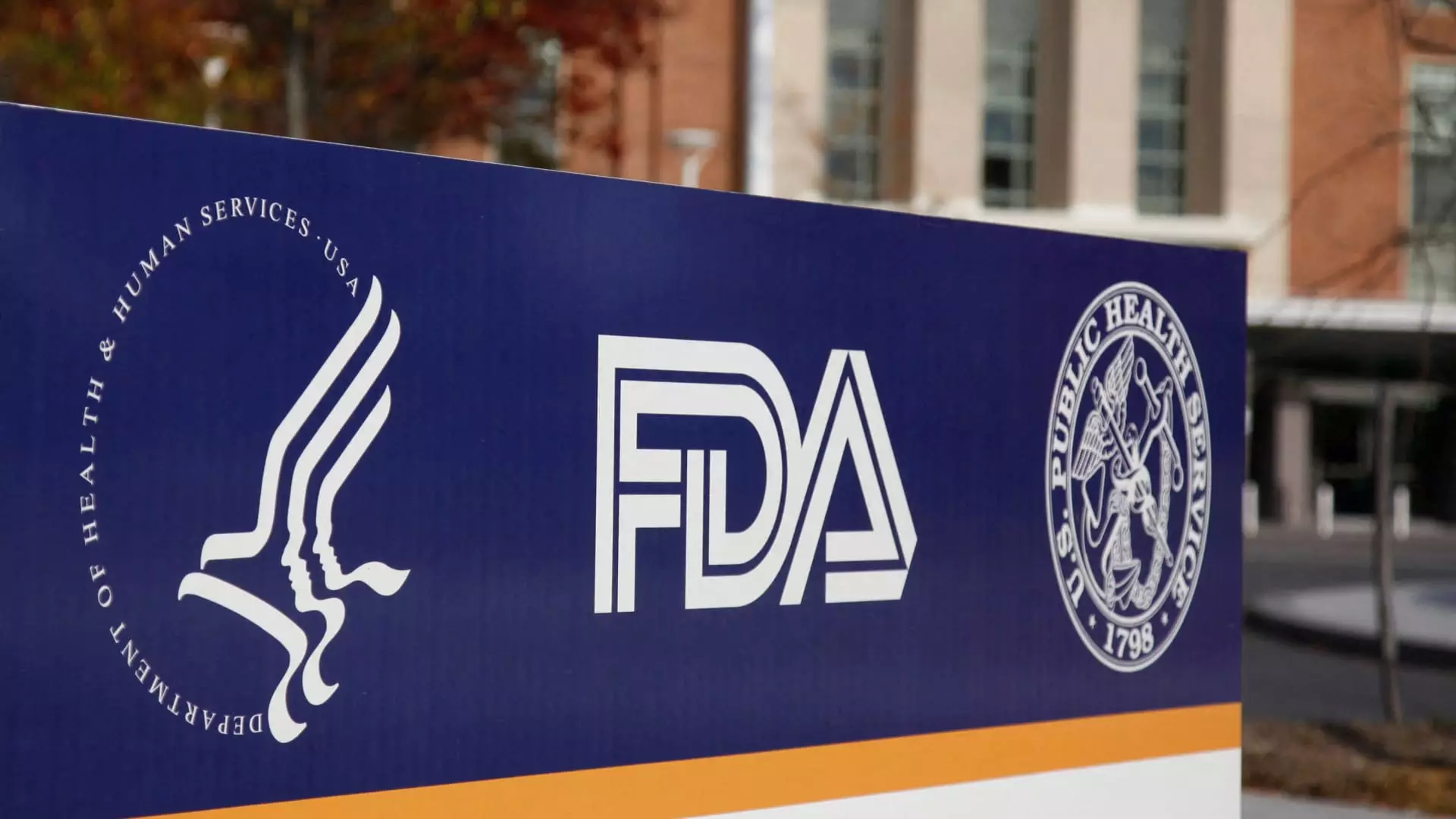In a move that many see as reckless and shortsighted, the Food and Drug Administration (FDA) has axed a crucial division responsible for training both its staff and external health-care professionals on vital public health and safety practices. The Division of Learning and Organizational Development (DLOD) has been hamstrung by sweeping job cuts that could have ramifications for years to come, all in the name of so-called efficiency. It’s a decision that begs the question: in our relentless pursuit to streamline government operations, at what cost do we sacrifice vital public health initiatives?
The decision to cut this division came amid a broader initiative by Robert F. Kennedy Jr., who is seeking to restructure the Department of Health and Human Services (HHS). With over 30 employees laid off, the potential impacts on public health are alarming. While the administration assures us that drug inspectors and reviewers remain untouched, it is precisely those individuals involved in the training and education of health professionals who are at risk. If history has taught us anything, it’s that disbanding these educational resources is a path laden with serious pitfalls.
The Dangerous Consequences of Lacking Education and Oversight
The FDA not only oversees the regulation of drugs, medical devices, food, and cosmetics, but it also serves a pivotal role in managing public health risks. Streamlining operations may sound appealing to the budget-conscious ear, but the implications are severe. The knowledge and education gap left by this downsizing could lead to dire consequences. Health professionals require continuous education on the latest medical science and regulatory practices to safely serve their patients. Our reliance on pharmaceuticals and medical devices means any reduction in educated oversight could translate into real risks associated with treatment.
What makes this scenario particularly grim is the fact that the DLOD had been actively involved in training initiatives that covered pressing public health issues, such as opioid safety, medication errors, and the management of infectious diseases. With the division now shuttered, there are no structured programs to update health professionals on these critical matters, leaving a vacuum that could undoubtedly impact public health. Ignoring the need for ongoing education among health-care professionals is tantamount to neglecting the very foundations of quality care.
A Recipe for Confusion: The Fallout from Disorganized Learning
With the dismantling of the DLOD, health-care professionals face an uphill battle to navigate their own continuous education. Employees once had the luxury of accessing accredited programs tailored to their professional needs. Now, the onus is on them to independently locate and select their educational resources, fostering an environment ripe for confusion and inefficiency. It is a system that disadvantages those who may lack the time or resources to discern effective training options, ultimately leading to a less knowledgeable workforce.
Furthermore, the absence of a centralized accreditation body means that professionals will miss out on critical credits necessary for maintaining their licenses. This is no trite matter—these credits are essential for ensuring that health-care workers meet minimum standards. The ramifications of this could be felt across various healthcare networks, further straining an already beleaguered public health system.
Cost-Cutting vs. Cost-Effectiveness: The Faulty Logic Behind the Cuts
The administration justifies these cuts under the guise of cost savings, yet one can’t help but question the rationale behind targeting a division primarily funded by user fees. This office was the only group within the FDA authorized to award essential continuing education credits, and despite not drawing from taxpayer dollars, it has been deemed expendable. It raises eyebrows when we consider that federal agencies should prioritize public health over purely fiscal considerations. The present course of action suggests a chilling lack of foresight and planning that could lead to devastating consequences in health outcomes.
By neglecting to recognize the value of ongoing training and education, we risk dismantling the very structures designed to foster a knowledgeable and competent health workforce. The future of public health hangs in the balance when foundational education systems are cast aside for short-term savings.
The Broader Implications of Public Health Neglect
Overall, the decision to dismantle the DLOD is deeply unsettling and indicative of a broader trend of prioritizing efficiency over effective governance. As a society, we must demand better from those in power. Health care and public safety should never be secondary considerations in the pursuit of budgetary constraints. The critical role of education in public health cannot be understated, and as citizens, we must hold our leaders accountable for decisions that threaten our collective well-being. The cuts may save money today, but the true cost will be borne by patients and public health tomorrow.

